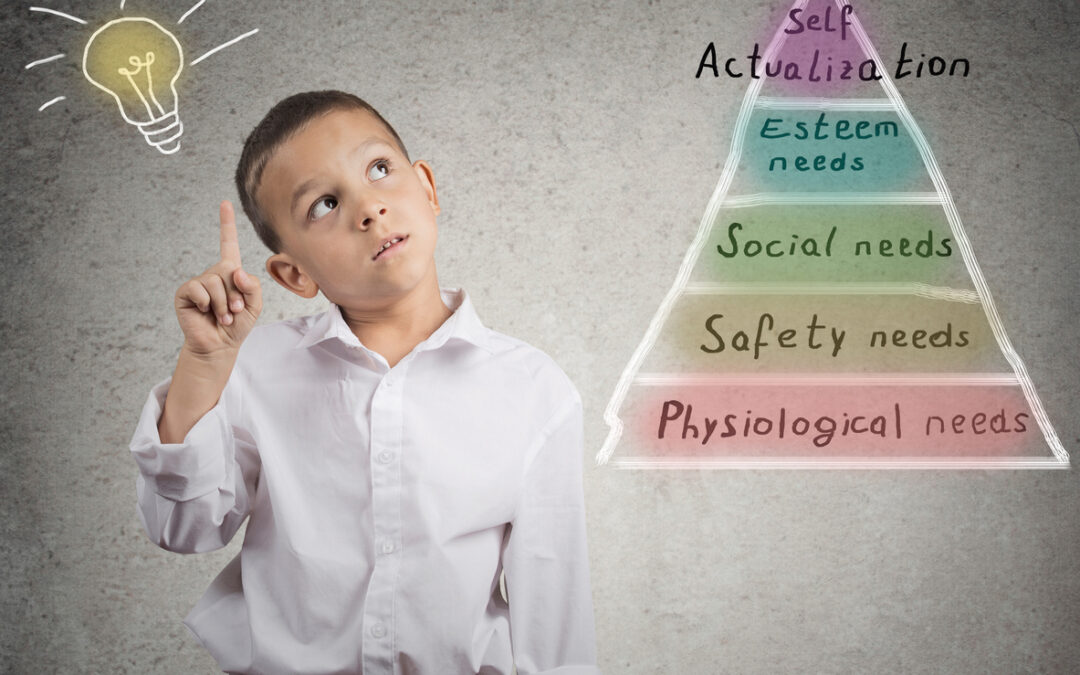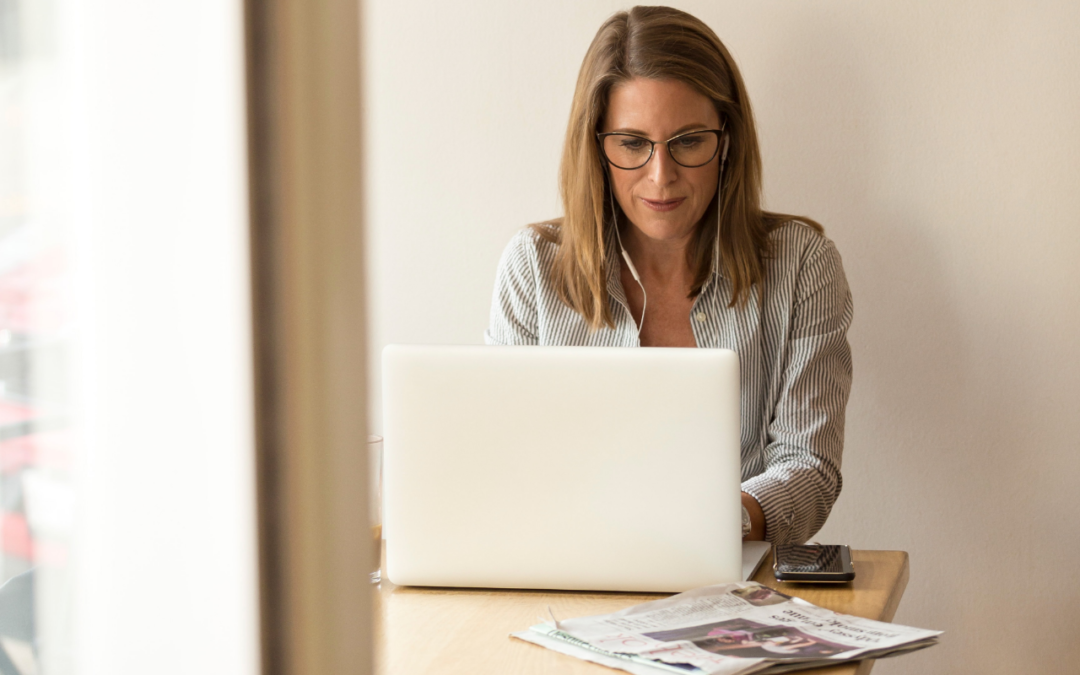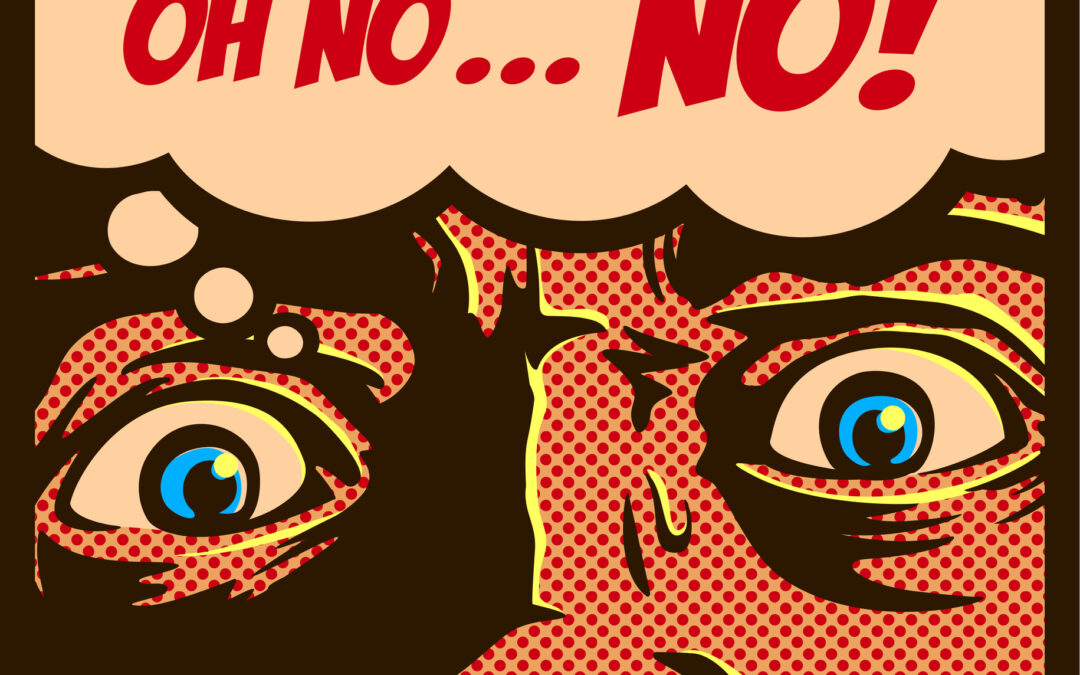Anxiety and panic attacks are uncomfortable. Sometimes anxiety is so physically uncomfortable that people experience heart palpitations, nausea, chest pain, dizziness, difficulty breathing, or faintness. Sometimes anxiety symptoms worry someone so much that they call...

Exposure and Response Prevention for Effective OCD Treatment
Exposure and Response Prevention (ERP) is a form of Cognitive Behavioral Therapy (CBT) that involves purposefully exposing yourself to feared stimuli or situations in order to learn a new way of responding to them.
If you struggle with OCD, this explanation of ERP may sound counterproductive or terrifying, but the goal of ERP is to do more than cope with intrusive thoughts and instead completely change the way you respond to them. We have excellent research on the effectiveness of ERP for long-term reduction of symptoms. Let’s break down why it works.
People with OCD experience intrusive thoughts, images, or obsessions that can focus on all sorts of content. Examples might include:
- “Did I turn the stove off?”
- “Did I just run someone over with my car?”
- “I’ll get sick and die if I don’t wash my hands before eating”
- “I looked at that person too long, am I attracted to them?”
When this happens, you’ll likely experience an anxiety response. Increased heart rate, sweaty palms, nausea, vision changes, and shallow breathing are all part of the body’s physiological response to a perceived threat. If the threat it’s responding to is a bear charging at you, there are some obvious courses of action to take to find safety, but what happens when it’s our thoughts that feel like the threat? In people with OCD, the brain finds alternate ways to feel safe, typically in the form of compulsions.
Compulsions can come in many different forms:
- counting
- checking to see if you or others are safe
- excessive cleaning or organizing
- reviewing memories
- repeating phrases to yourself
- google searches, etc.
Once you do the compulsion, you signal to brain that you are now safe, and the fear response subsides. Sounds fine right? If I’m experiencing a fear of contamination and it subsides when I wash my hands, I’ll just wash my hands when I feel fearful. Unfortunately, when someone continues this pattern a couple of things can happen:
- The brain learns that the only way we can feel safe from this perceived threat is by doing the compulsion, and if we are somehow prevented from doing that compulsive behavior it can cause significant distress and, or sometimes the compulsive behavior itself is problematic or dangerous.
- The brain feels temporary relief from the specific thought you had (I checked that the front door was locked four times, now no one can get in the house”), but we then start a pattern that to feel safe from any uncertainty, we must perform compulsive behavior, for example “But what about the back door?”, “But what if they can pick the locks?”, “But what if I didn’t actually lock it properly?”. As soon as we attempt to maintain absolute certainty that things are safe and all is well, OCD will run through other scenarios, often escalating the anxiety we were so desperately trying to reduce.
You may have previous experience with clinicians or well-meaning loved ones telling you to do things like deep breathing, thinking positive thoughts, or mantras to remind yourself you are safe. These can be wonderful tools for some people and can be temporarily relieving for people with OCD, but they have likely been unsuccessful in long-term management of obsessions and compulsions. This is where ERP comes in.
With the help of a skilled clinician, you will confront specific feared situations, thoughts, objects, images, etc, whatever spikes that familiar and uncomfortable anxiety you would typically seek to relieve with a compulsion. In ERP, clients make a commitment to not engage in the compulsive behavior no matter how uncomfortable the distress becomes.
You might be asking yourself why would I do this? Willingly make myself anxious? The answer is the brain’s incredible ability to experience habituation. When you expose yourself to your fears and tolerate the anxiety and uncertainty long enough without performing compulsive behaviors, the brain eventually experiences a reduction in anxiety and (this is the important part!) learns that it can still be safe even when it experiences these thoughts. It learns it no longer needs the compulsive behaviors to be safe and comfortable.
With consistent practice both in and out of sessions, you’ll habituate to each of the fears you expose yourself to so that the once feared obsession, intrusive thought or image no longer feels like a threat, and rather just a thought. Over time, the way that your respond to uncertainty as a whole will shift, so you’ll feel better prepared to respond to any fears that come up in the future.
For more information about ERP or OCD, please visit the International OCD Foundation’s website at www.iocdf.org.

About the Author
Kate Scolatti is our on-site OCD and ERP specialist. Here’s a link to her bio where you can learn more about Kate and her work: https://starmeadowcounseling.com/counselors/kate-scolatti/

Anxiety: Your Friend?

7 Great CBT Websites
Are you interested in learning more about Cognitive-Behavioral Therapy as a mode of counseling or self-help? Check out these 7 amazing online resources: https://llttf.com/ Living Life to the Full Living Life to the Full is an interactive CBT website. This free...

Understanding Cognitive Therapy: The Basics
Have you ever wondered how your feelings are generated? Do you understand what it is that triggers your emotions? The fact is, there are many different answers to these questions in the field of psychology. Let’s take a look at just one of those approaches from the...

Negative Thoughts are Like Country Music
Imagine for a moment that the negative thoughts running wild in your brain played like a country song on repeat. Would any of the songs have titles like these? “She Don’t Think My Beard Is Sexy” “All Alone Again (In My Truck)” “My Guitar Only Has Three Strings”...

5 Tricks for Falling Asleep
Are you one of the 30% of Americans that have had bouts with insomnia? Do you get less than the recommended 7-9 hours of sleep each night (or 8-10 hours for teens)? Sleep loss can have profound impacts on a body’s physical and emotional health. Bad sleep can...



























